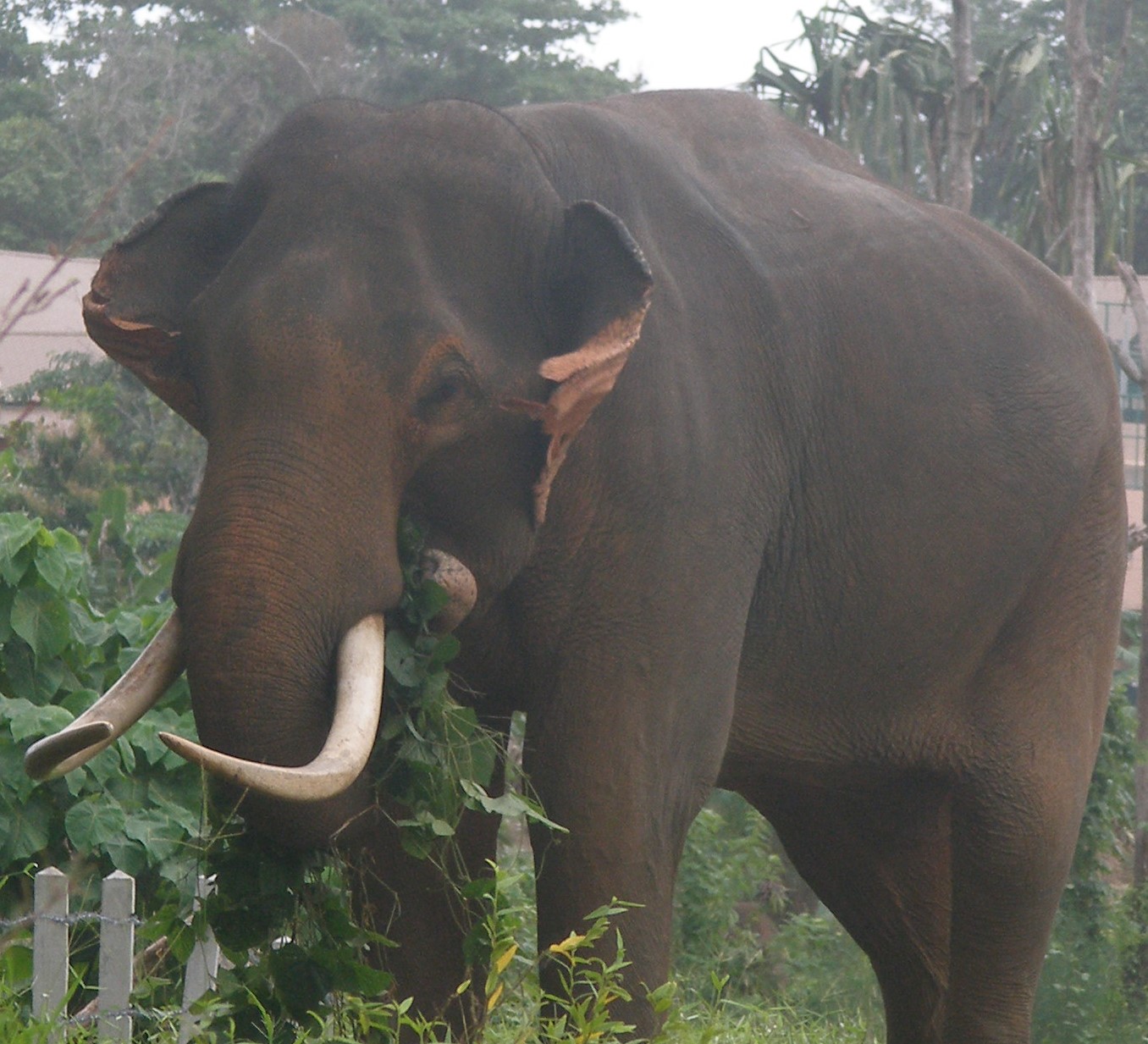Remembering childhood may feel like fun or like a curse. Though my bad memories can never be construed as fun, sometimes the good ones can seem not as good as I once thought. But all of it is information about whether and how I’ve grown which helps guide my future decisions.
As for the good memories that in hindsight aren’t really all that good, I allow ones from my youngest years to be in peace, but my adult self scolds my teenage blunders. Recent findings on the developing brain account for present-day teenage wackiness – we now know that a modern human brain isn’t fully mature until age 25. But this measure is recent and may not excuse older generations.
I’m reasonably able now to guide my younger self who lived through some regrettable times. But memories, like a computer program running in the background, shape who we are now so it’s through that lens that we judge our earlier selves.. Such a computer program runs according to the logic that we input as the programmer, often an awfully young programmer. Before our more mature finds the mistakes, our logic runs on false premises and veers us off course.
The real challenge is in dealing with bad, maybe traumatic, memories and learning how they affected our programming. Whether or not guided by a competent therapist, we ourselves must do the work of processing such powerful events.
The Japanese concept of kintsugi beautifully describes what might happen as we deal with memories of things that shouldn’t have happened to us in childhood. Kintsugi is a pottery technique of turning a broken object into something more beautiful even while emphasizing its flaws. By reflecting on past traumas and seeing how they’ve affected our logic, we might learn how and where we went off track and redirect ourselves to possibly becoming stronger and better than we’d have otherwise been. This theme is explored in “Sylvie Denied.”
